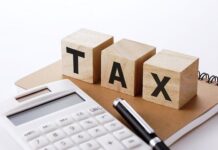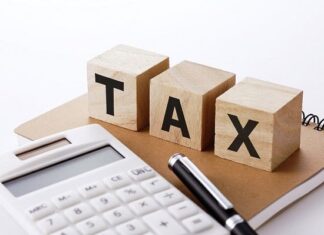Japan’s top negotiator, Economy Minister Ryosei Akazawa, said on Tuesday that Tokyo will push for the complete removal of U.S. tariffs on Japanese exports ahead of his visit to Washington this week.
Speaking at a press conference in Tokyo, Akazawa said, “The tariffs already in place are eating away Japanese firms’ profits day by day,” adding that, “Our goal is the complete removal of additional U.S. tariffs.”
The U.S., under President Donald Trump’s new tariff regime, has imposed a universal 10% tariff on nearly all imports and a 25% duty on cars—an especially painful hit for Japan, where automobiles make up 28% of exports to the U.S., its largest trading partner. While a 90-day pause has been placed on some of the additional duties, the baseline levies remain in force.
“It won’t be easy, but the government will work as one to achieve our goal at the earliest date possible,” Akazawa said, ahead of talks with U.S. Treasury Secretary Scott Bessent and Trade Representative Jamieson Greer from Wednesday through Friday.
Japan plans to present alternatives to tariffs, including increased Japanese investment in U.S. industries, as part of a broader “win-win” proposal, Akazawa noted. While he did not specify a timeline for reaching a deal, the discussions are expected to cover not just tariffs but also non-tariff barriers and currency issues.
Economists have warned that the U.S. tariffs could shave 0.6 percentage points off Japan’s GDP growth in the fiscal year ending March 2026, according to a forecast by the Japan Center for Economic Research.
Meanwhile, Japan’s central bank remains cautious. “Unlike during the global financial crisis, we’re not seeing a major decline in short-term liquidity,” said Akio Okuno, head of the Bank of Japan’s monetary affairs department, even as global markets react nervously to Trump’s tariff volatility.
Tokyo continues to argue that currency policy should be kept separate from trade negotiations, preferring it be handled by finance ministers rather than trade officials.























